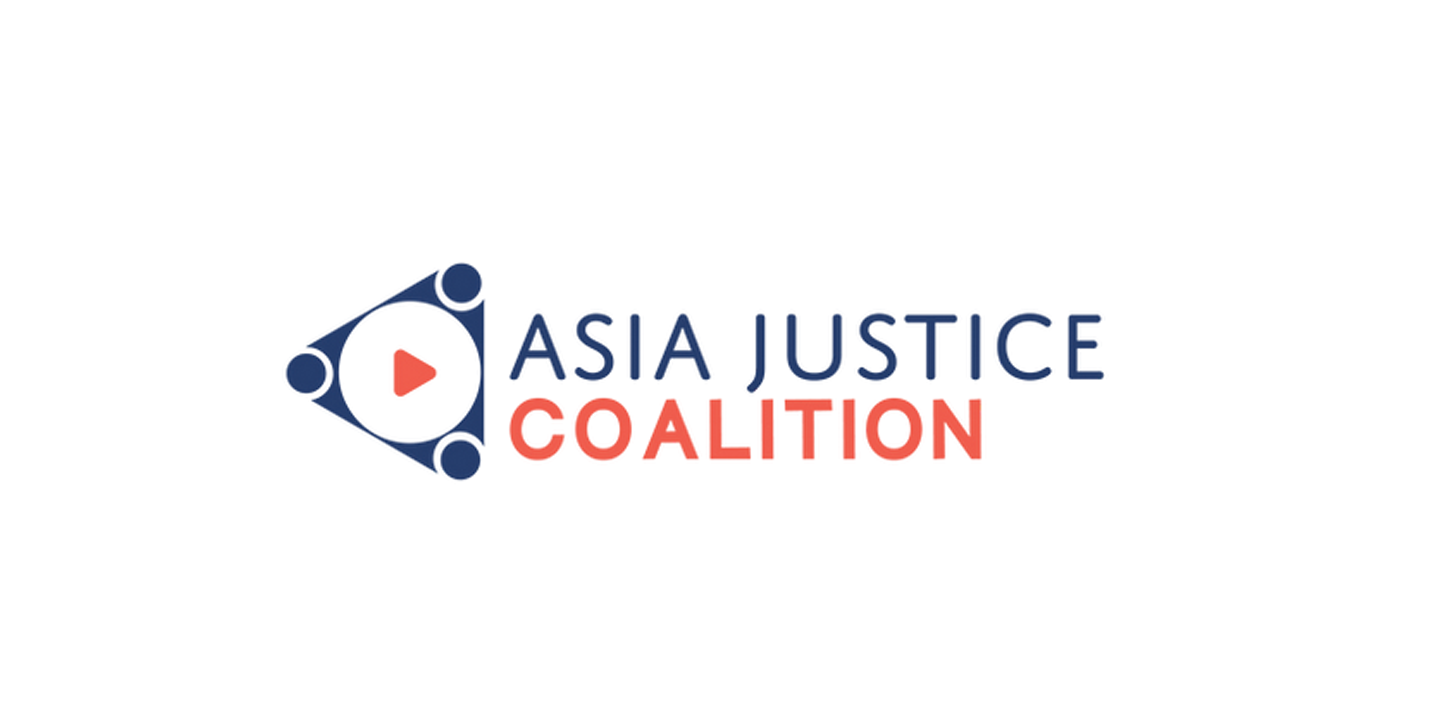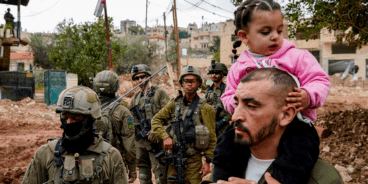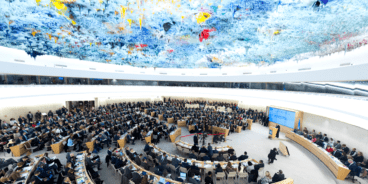

Asia Justice Coalition Condemns the Escalating Military Abuses in Chin State and Neighbouring Regions
The Asia Justice Coalition is a network of organizations whose purpose is to promote justice and accountability for gross violations of international human rights law and serious violations of international humanitarian law in Asia, and to contribute to the fulfillment of the rights of victims and their families.
In the past few weeks, the Myanmar military, or Tatmadaw, has significantly increased attacks in Chin State and Sagaing and Magway Regions, with clashes between the Tatmadaw and the Chinland Defence Force and the People’s Defence Forces. On 29 October, the Tatmadaw indiscriminately attacked the town of Thantlang in western Chin, razing to the ground over 160 houses and at least two churches, as well as offices belonging to humanitarian and human rights organisations. These attacks were reported by human rights organisations and the fires were corroborated by satellite data. Attacks against civilians in Chin, the home of one of Myanmar’s predominantly Christian ethnic minority groups, are not new. In May and September 2021, military offensives were launched in which a number of buildings were torched. Since the February coup, the Tatmadaw has targeted anti-coup protesters across the country, including in Chin State, killing and injuring thousands of civilians. The current escalation of violence has caused further deterioration of the political, humanitarian, health, and economic situation in Myanmar.
The build-up of military reinforcements, razing of civilian properties, killings, arrests, and other violations in the region follow a similar pattern to that of attacks against the long- persecuted ethnic-Rohingya. UN Special Rapporteur Tom Andrews, speaking of the attacks by Myanmar military forces in Chin State, said “these tactics are ominously reminiscent of those employed by the military before its genocidal attacks against the Rohingya in Rakhine State in 2016 and 2017”. Yet again, the military is conducting ‘clearance operations’ using artillery barrages and airstrikes against civilian populations, this time in Chin and neighbouring regions. These attacks on ethnic and religious minorities in Chin State have been taking place since August. In September, at least one pastor was reportedly killed, and seven churches were damaged by military shelling. When questioned about this scorched-earth campaign, a military spokesperson blamed civilians for burning their own houses down, with the same arguments used to justify atrocities against the Rohingya. All of these attacks take place in the context of years of mass human rights violations, including war crimes and crimes against humanity, committed by members of the Tatmadaw against a range of ethnic minority groups in Myanmar.
The ongoing operations in Myanmar’s northwest have displaced over 37,000 people in recent weeks, with little or no food, water, or medical care. Over 220,000 people have been internally displaced in Myanmar since the coup, while over 20,000 have fled to neighbouring countries, like India, where they live without adequate humanitarian aid or legal protection.
According to the Independent Investigative Mechanism for Myanmar (IIMM) and a number of international rights organizations, atrocities committed against civilians since February amount to crimes against humanity. Further, the developments in Chin State – deliberate and indiscriminate attacks and bombardments against civilian populations and civilian structures such as religious institutions – violate international humanitarian law and may constitute war crimes. The civilian population of Chin State is effectively under siege and at risk of a large- scale military assault. There are grave concerns that we may witness the commission of even worse atrocities in the coming weeks.
While various UN bodies and representatives have warned of the escalation of military activities, no meaningful action has been taken to prevent this crisis. The Security Council has once again expressed its ‘deep concern’ at the current situation in Myanmar but has failed to condemn and take any concrete action. Calls for urgent sanctions and a global arms embargo by the international community, the UN special rapporteur, and some UN member states have fallen on deaf ears. Given the track record of the Tatmadaw, there is an urgent need for concrete action.
The Asia Justice Coalition condemns the Myanmar military’s brutal and unlawful use of force against civilians nationwide in the strongest possible terms and calls upon:
- The Myanmar military to immediately end the ongoing assault potentially amounting to war crimes and crimes against humanity, in Chin State and other areas, including Sagaing and Magway Regions and Karenni (Kayah) State.
- The UN Security Council to pass a resolution imposing a global arms embargo on Myanmar’s security forces, including a prohibition on security assistance and the sale of dual-use technology, as well as targeted sanctions on junta leaders, military-owned companies, and the junta’s sources of financing, including natural gas sales to Thailand.
- The UN Security Council to urgently refer the situation in Myanmar to the International Criminal Court for a full investigation.
- ASEAN to press for the swift and effective implementation of the Five Point Consensus, and to facilitate access of its Special Envoy to Myanmar.
- Civil society and the international community to support the work of the UN and IIMM by strengthening cooperation and providing protection for victims and information providers.
- Neighbouring countries, including India, Thailand, Bangladesh, and China, to provide protection, support, and humanitarian aid to all refugees fleeing Myanmar, and to authorize emergency cross-border aid to internally displaced people in Myanmar.
- All countries to use all avenues and diplomatic channels at their disposal in pursuit of justice and accountability, including civil and criminal legal actions based on the principle of universal jurisdiction.
Related Content


Atrocity Alert No. 428: Israel and the Occupied Palestinian Territory, Myanmar (Burma) and Ukraine
